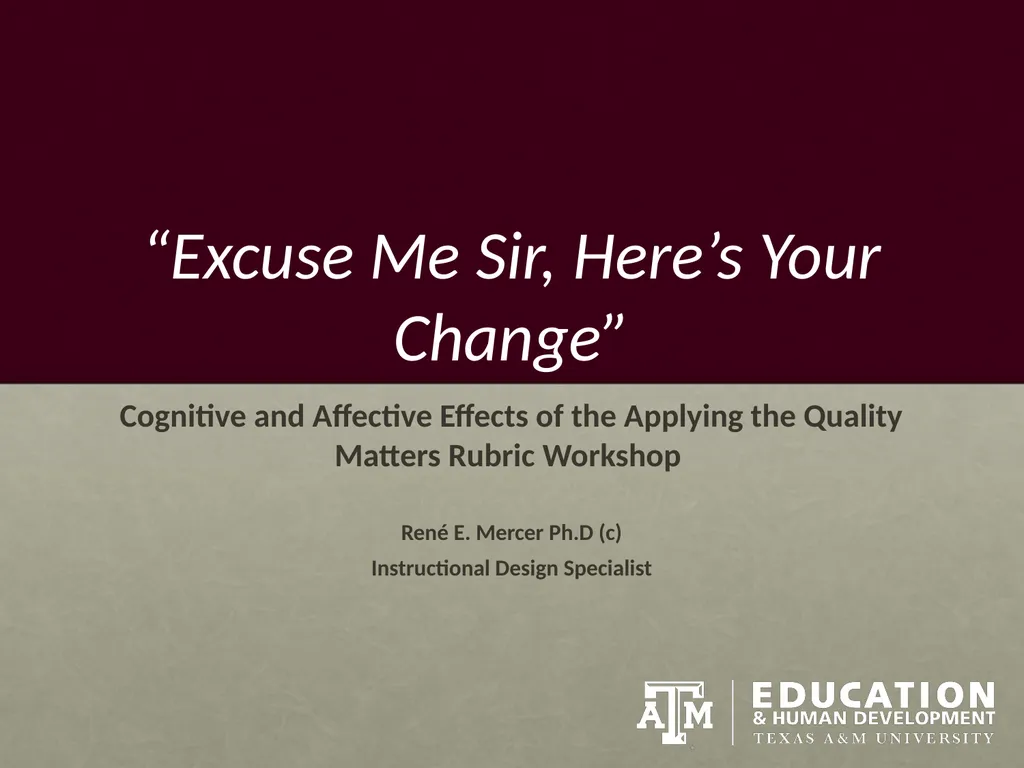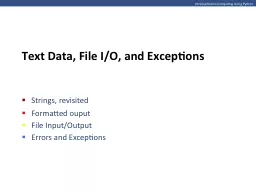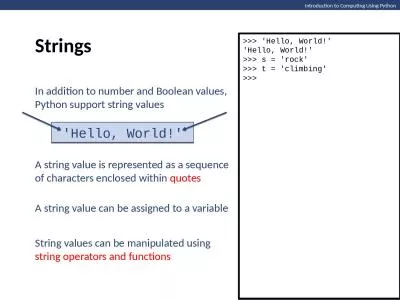
Author : karlyn-bohler | Published Date : 2025-05-16
Description: Excuse Me Sir, Heres Your Change Cognitive and Affective Effects of the Applying the Quality Matters Rubric Workshop René E. Mercer Ph.D (c) Instructional Design Specialist Learning Objectives Discuss and evaluate an instrument used toDownload Presentation The PPT/PDF document "" is the property of its rightful owner. Permission is granted to download and print the materials on this website for personal, non-commercial use only, and to display it on your personal computer provided you do not modify the materials and that you retain all copyright notices contained in the materials. By downloading content from our website, you accept the terms of this agreement.
Here is the link to download the presentation.
"“Excuse Me Sir, Here’s Your Change” Cognitive and"The content belongs to its owner. You may download and print it for personal use, without modification, and keep all copyright notices. By downloading, you agree to these terms.













